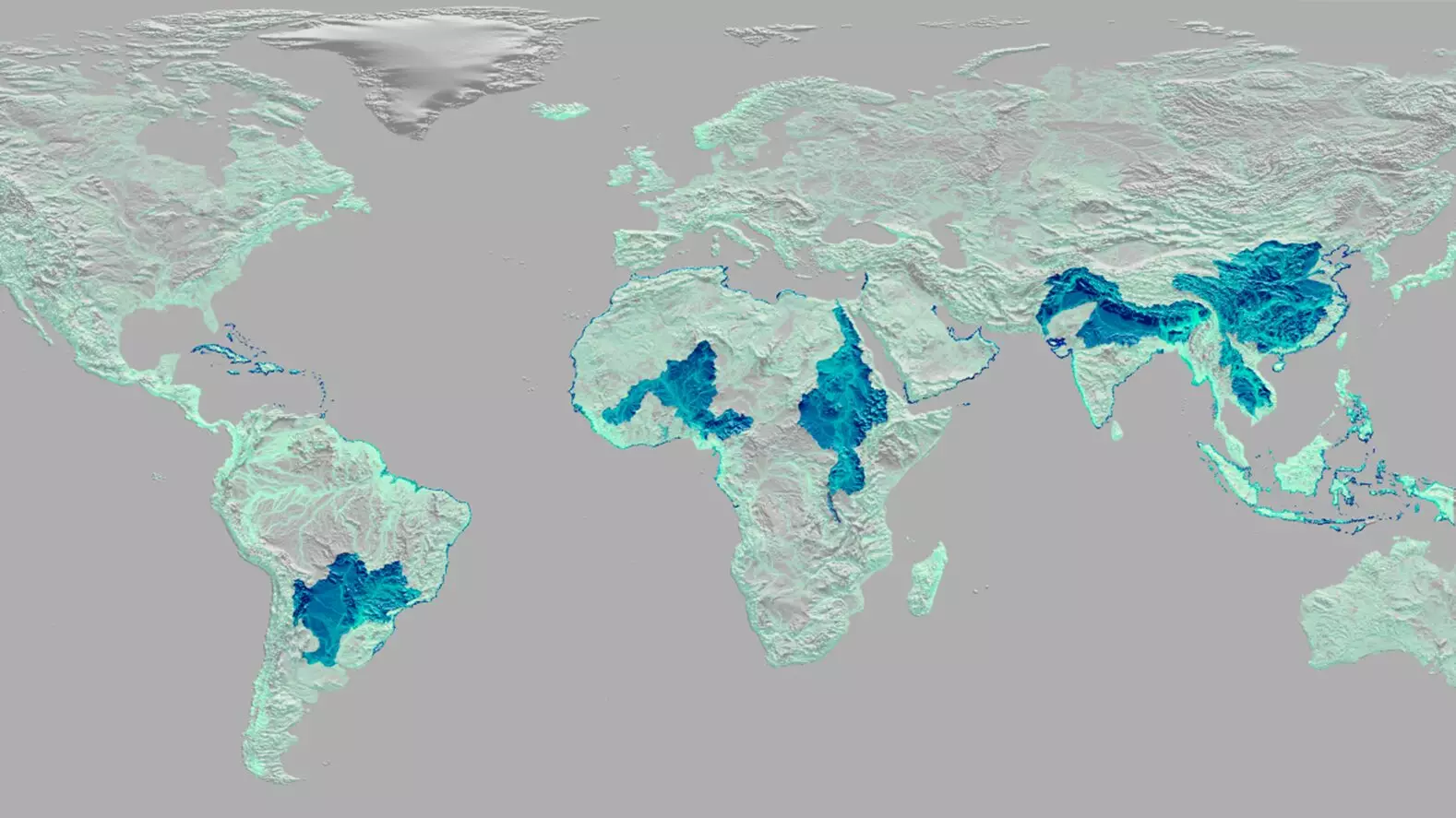Our global environmental predicament is increasingly defined by the relentless tide of waste polluting our ecosystems, especially our oceans. Despite concerted efforts, the aspiration to completely eliminate waste leakage by 2030 remains an optimistic yet unrealistic goal. A comprehensive analysis by the International Institute for Applied Systems Analysis (IIASA) underscores that, without significant paradigm shifts, we risk missing vital Sustainable Development Goals (SDGs). The study boldly challenges conventional waste management approaches, emphasizing that piecemeal solutions fall far short of addressing the systemic nature of the problem. Instead, it advocates for a fundamental overhaul rooted in global cooperation, technological innovation, and a collective redefinition of waste as a resource rather than mere refuse.
The study’s insights reject complacency. They highlight that waste leakage into aquatic environments isn’t confined to affluent nations but predominantly emanates from regions burdened by inadequate infrastructure—namely Africa, China, India, and South Asia. This regional disparity exposes a deep structural inequality: those least equipped to handle waste are disproportionately responsible for environmental degradation. This discrepancy calls for targeted investments and policy interventions calibrated to specific regional contexts. Ignoring these disparities weakens global efforts, exposing an underlying flaw in the current mindset that treats waste management as a localized issue, rather than a shared global responsibility.
Breaking the Silos: Why Single-Stream Waste Policies Fail
Many waste management policies focus narrowly on specific waste streams—plastic, paper, or organic waste—under the assumption that addressing one alone will solve the larger problem. However, the IIASA study paints this strategy as shortsighted and potentially counterproductive. For instance, banning single-use plastics may lead to an unintended surge in paper waste, simply shifting the problem rather than solving it.
Effective waste management necessitates a holistic, multi-stream approach that recognizes the complex interactions among different waste types. Applying a narrow lens risks creating blind spots—where waste simply migrates from one stream to another, or worse, exacerbates the problem. Policies must be designed to target comprehensive waste reduction, blending technological innovation with behavioral change.
Universal collection emerges as an essential strategy, yet it’s often overlooked. Yet, the reality remains that in many of the most affected regions, waste collection is sporadic at best, enabling vast quantities of refuse to escape into ecosystems. Establishing universal waste collection is both an engineering challenge and a moral imperative, demanding international funding, infrastructure development, and community engagement. Without it, the promise of reducing waste leakage remains a distant dream.
The Power of Data and Monitoring
A crucial element the IIASA emphasizes is the need for standardized frameworks to monitor waste flows continuously. Currently, many regions lack accurate, real-time data on waste generation, composition, and disposal pathways. This gaps hampers the ability to craft targeted policies or measure progress meaningfully.
Implementing a global monitoring system could be transformative. By leveraging remote sensing, data analytics, and citizen science, governments and organizations can develop a clearer picture of where waste leaks most and why. Such transparency fosters accountability and incentivizes stakeholders to prioritize waste management investments. It allows the tracking of interventions and their impact, enabling adaptive strategies in a constantly changing operational landscape.
But beyond data, there’s an ethical dimension: recognizing waste management as a foundational pillar of environmental justice. Those living in underserved communities often bear the brunt of waste mismanagement, suffering from health issues and ecological damage while being excluded from decision-making processes. Effective monitoring and inclusive policies can serve as tools for addressing these inequities, pushing toward a future where waste is managed responsibly and equitably.
Responsibility and Behavioral Change: Moving Beyond Technical Solutions
While technological advances—such as recycling innovations, waste-to-energy systems, and digital tracking—are vital, they cannot substitute the need for societal behavior change. The IIASA study’s concluding note resonates: our consumption patterns are the root cause of waste crises, and reversing this trend requires a collective effort to refuse, rethink, and reuse.
This moral call to action demands that individuals, industries, and governments acknowledge their roles as stewards of the environment. Reducing unnecessary consumption, embracing circular economy principles, and fostering cultural shifts toward sustainability are crucial. Education and awareness campaigns must pivot from superficial messaging to fostering a deep understanding of how individual choices ripple through global ecosystems.
Ultimately, transforming waste management into an agent of environmental resilience hinges on a paradigm shift—viewing waste not as an unavoidable byproduct but as an opportunity for innovation, conservation, and social equity. It’s a daring vision, but one that is necessary if we hope to secure a healthier, more sustainable planet for generations to come.

